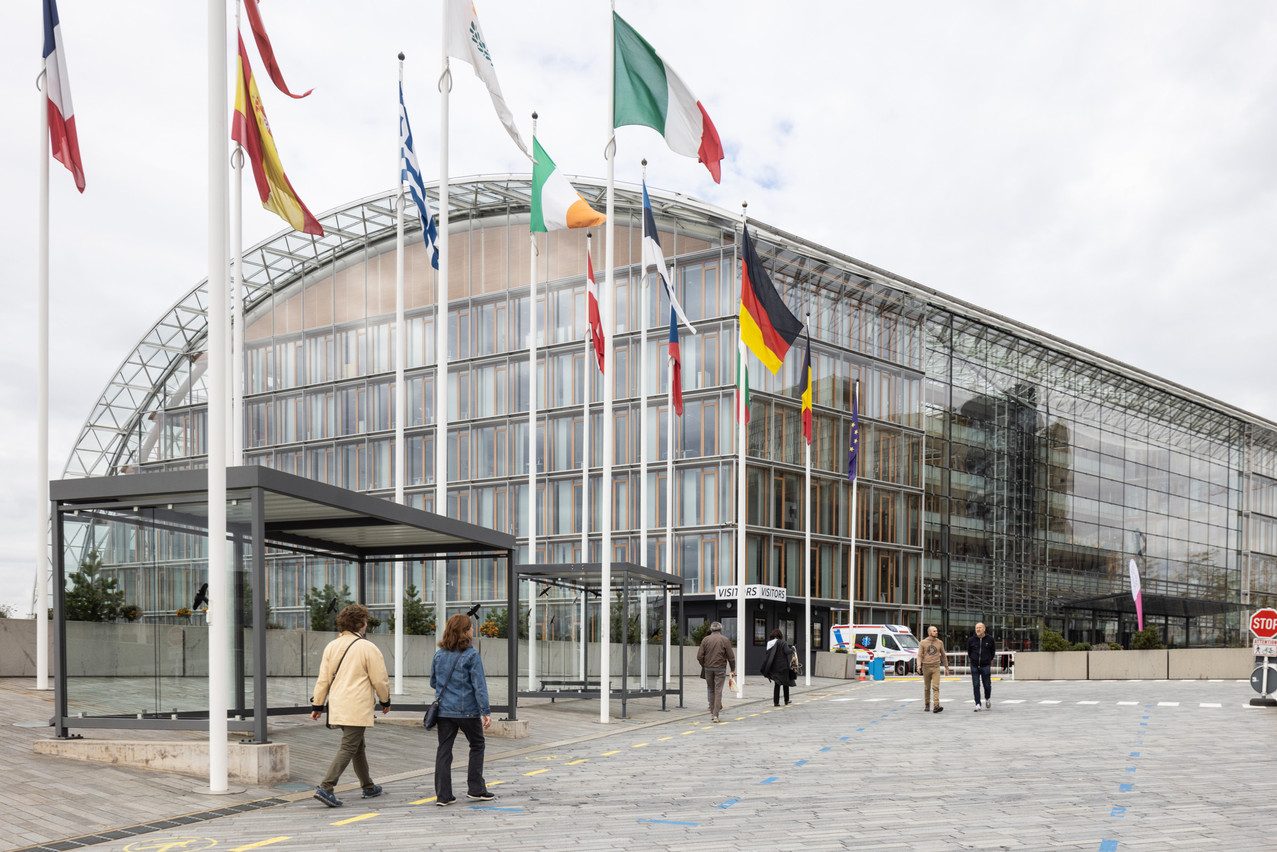While the pandemic is history for European companies--84% of them believe that their 2022 turnover will at least return to pre-covid levels--the war in Ukraine is a major concern, according to the European Investment Bank’s Investment Survey 2022 (EIBIS 2022). “Businesses’ perceptions of investment conditions have deteriorated sharply, driven by the energy crisis, uncertainty and the slowdown in global growth. Expectations about the economic situation have turned negative again, from +27% to -53%. The perception of business prospects specific to their sector has also reversed its trend (from +34% to +3%), as has the outlook for the political and regulatory environment (-40%) and the availability of external finance (-8%),” the survey, released on Tuesday 7 November, stated.
The outlook for the availability of internal finance for investment has also deteriorated sharply (from a clear improvement to a mere stabilisation). The proportion of companies that are restricted in their financing possibilities has also started to increase (6.2% in 2022, compared to 4.7% in 2021).
Climate-aware companies
Nevertheless, EU companies remain concerned about climate change and are making progress in climate investments, implementing measures that are either mitigating or adapting to the effects of climate change. “Across the EU, 88% of companies say they have taken action to tackle greenhouse gas emissions and more than half have already invested in climate action.”
According to the EIB study, 53% of companies have already invested to address the effects of weather events and reduce carbon emissions. In addition, more than half of EU companies plan to invest in climate action in the next three years. Some 57% of companies are investing in energy efficiency, 64% in waste reduction and recycling and 32% in new, cleaner technologies and business areas to reduce greenhouse gas emissions.
Innovation stagnates
This transformation effort is also reflected in the digital transformation: “EU companies have largely closed the gap with US companies in the use of advanced digital technologies and can now reap the benefits,” noted the EIB.
However, the successive shocks of covid and the war in Ukraine have had an impact on business innovation.
34% of EU companies developed or introduced new products, processes or services as part of their investment activities. This compares with 35.7% in the EIBIS 2021 survey. In the US, the proportion is 52.7%, 9 percentage points higher than last year. This growing innovation gap with the US is of concern to the EIB.
In the EU, innovation was highest among Finnish enterprises (52%), followed by Irish and Danish enterprises (both 50%). On the other hand, it was lower for enterprises in Slovakia (14%) and Spain (21%).
Read this article in French on the site
